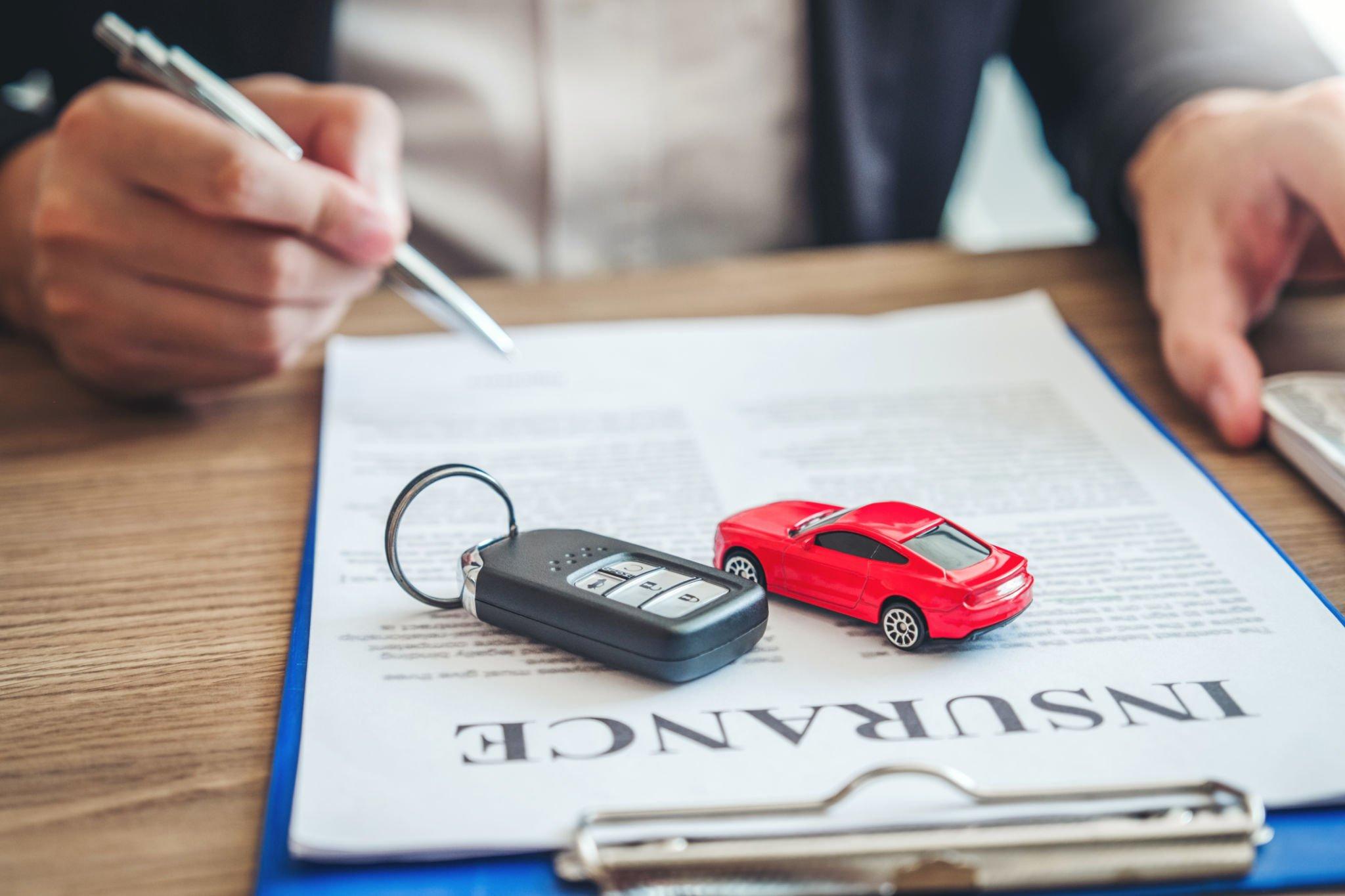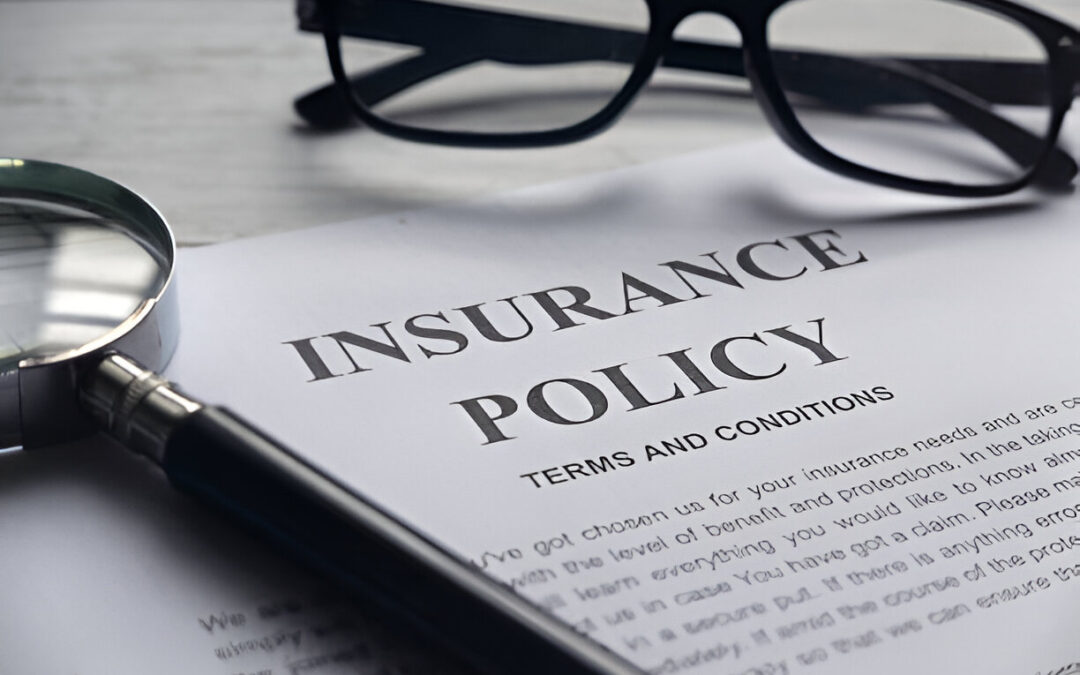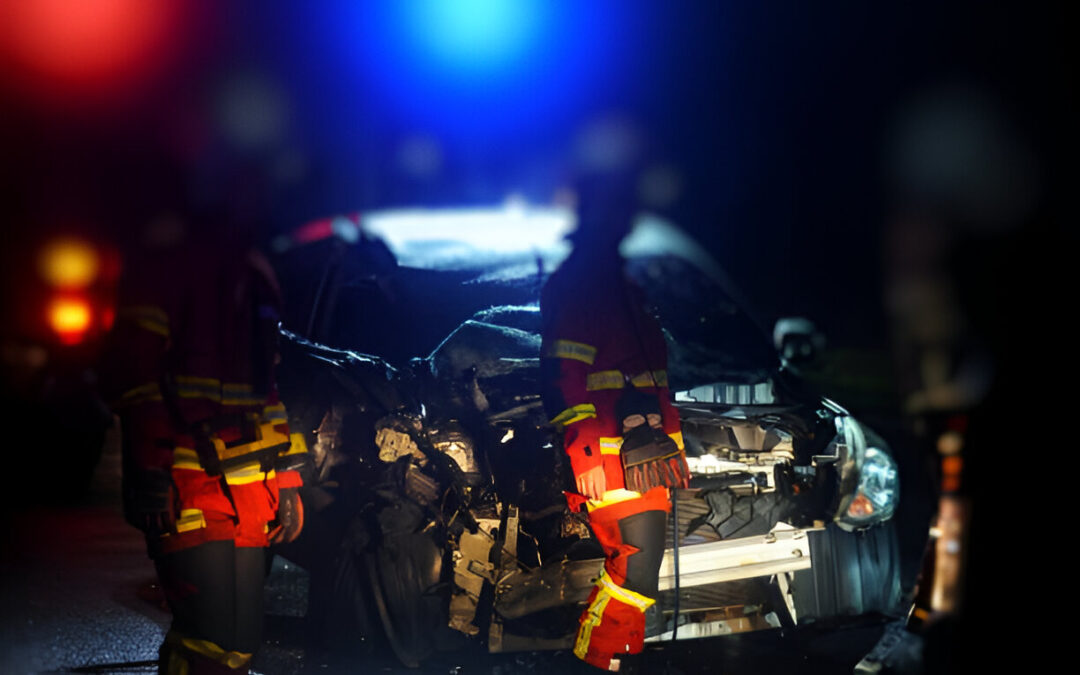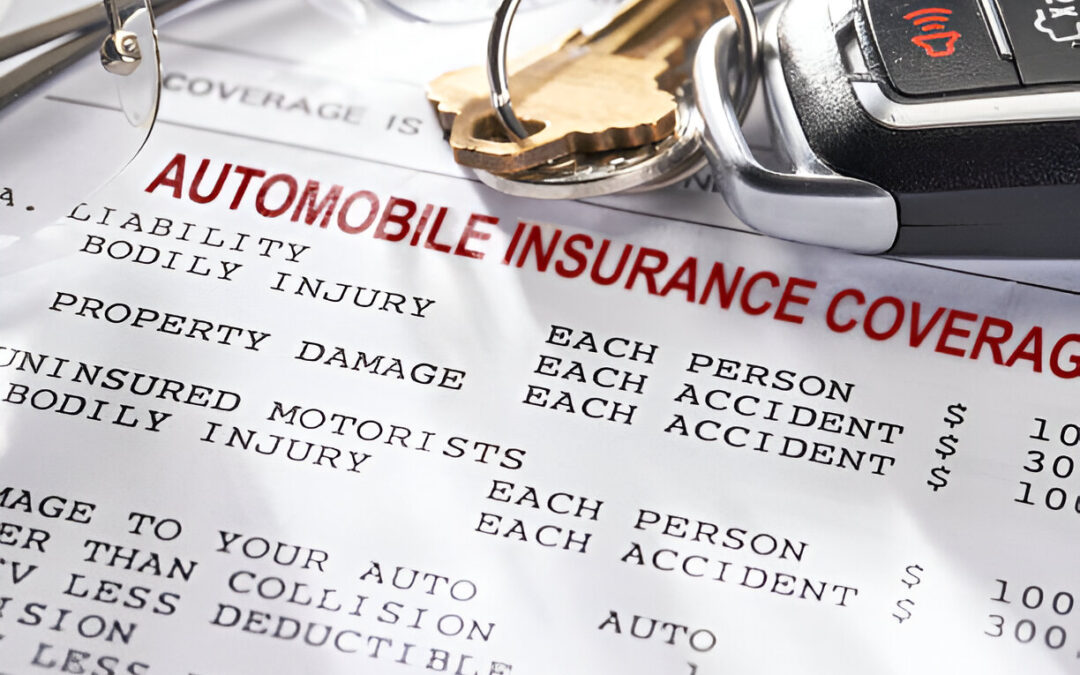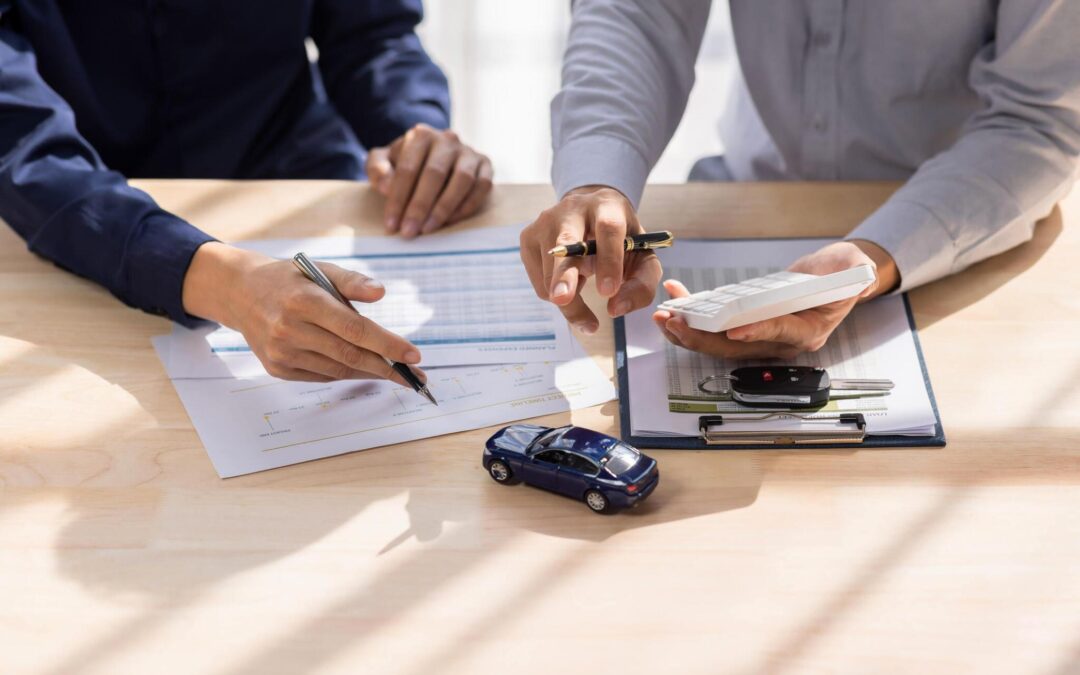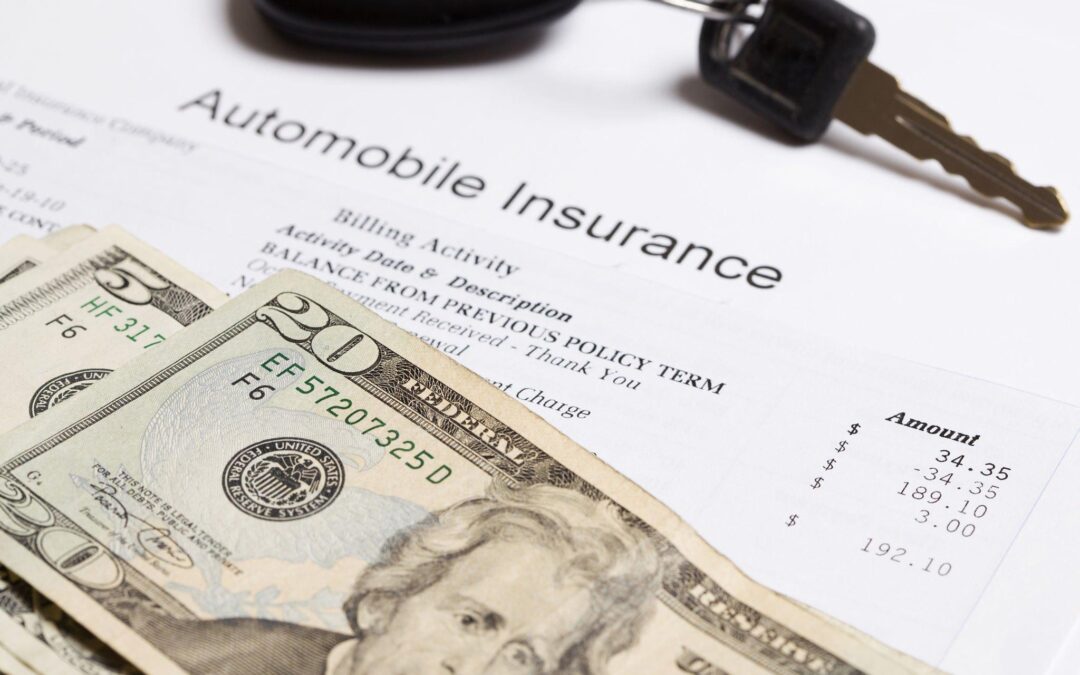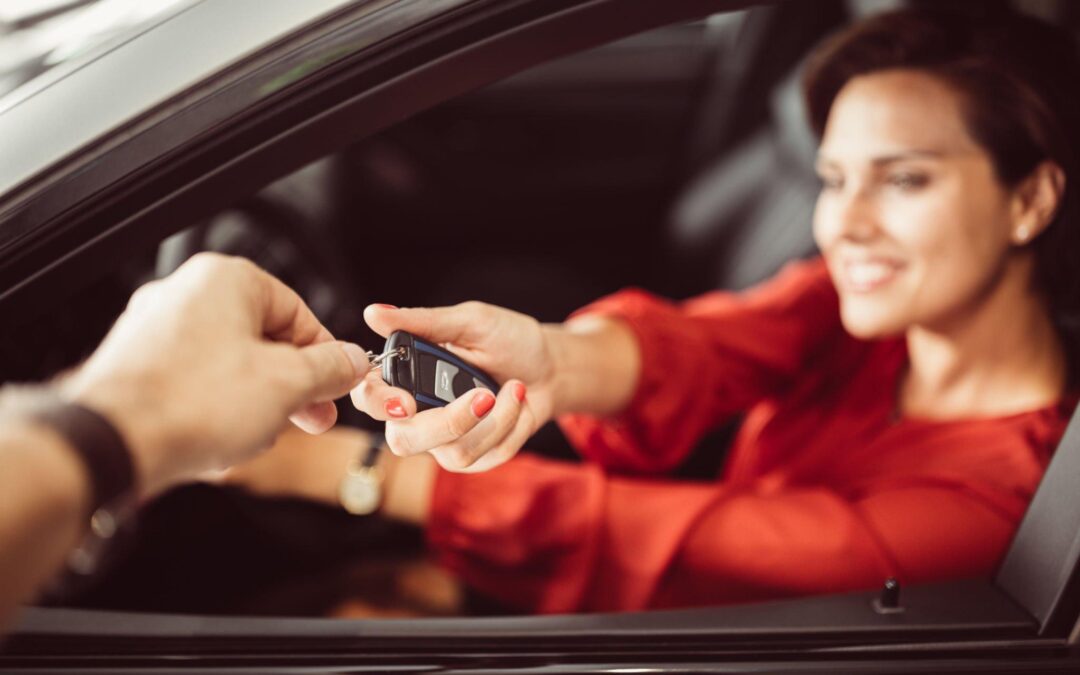Can I drive a newly purchased car without insurance? You have just purchased a new car, and you are excited to take it for a spin! You might think that the only thing you need to do is register your car, but there’s one other important detail that you may have overlooked — your insurance.
But before you take off without it, make sure you know about the most dangerous roads in Florida and what the law says about driving without insurance.
Why You Should Not Drive a Newly Purchased Car Without Insurance
Like most people, you probably don’t think twice about driving your newly purchased car off the lot without insurance. However, there are several reasons why you should only drive a newly purchased car with insurance. For one, it’s illegal in most states. But even if it wasn’t, it’s still not a good idea. Here’s why:
- If you get into an accident, you could be liable for damages. That means that if you cause damage to someone else’s property or injure someone while driving your new car, you could be on the hook for a lot of money.
- Without insurance, you won’t be covered if your car is stolen or vandalized. So if something happens to your new car while it’s uninsured, you’ll have to pay for the repairs or replacement out of your pocket.
- When you’re in a car accident, the last thing you want to worry about is whether or not you have the right insurance. Insurance is there to protect you financially in the event of an accident. If you don’t have one, you could be on the hook for any damages yourself, including medical bills, property damage, or even loss of wages if you cannot work. In some states, it’s even illegal to drive without coverage. So, having one will ensure you get the compensation you deserve if you’re involved in a car accident.
Can I Drive a Newly Purchased Car Without Insurance?
Driving a car without insurance is illegal, even if you just bought one. Car dealerships may let you buy without providing evidence of insurance — but none will let you drive off the lot with your new car. If you have a driver’s license and want to test drive a vehicle before it’s yours, this is possible but will have limitations on when, where, and how fast you can drive.
Drivers are required to have some form of financial responsibility in all 50 states and the District of Columbia. The price of insurance also depends on the type of vehicle you’re driving. Relatively expensive vehicles will cost more to insure than cheaper cars. To get the best sense of what your insurance rate is going to be, it’s important to get quotes for at least a few models that you’re considering purchasing.
Additionally, young drivers might have to choose between getting their insurance or joining their parents’ existing policy. Some parents might be tempted to add their teen as a separate account on their policy to safeguard them from increasing rates.
What to Consider When Buying Insurance
New cars depreciate about 10% the moment they’re driven off the lot and another 20% in the first year. There are different types of insurance coverage specific to new car owners. These include:
Replacement coverage for brand-new cars
If your car is stolen or destroyed, “new car replacement coverage” will allow you to replace it with a similar model. Although the cost is higher than regular auto insurance, this protection can shield you from a decrease in your vehicle’s value. When you initially purchase a new car, it has less value than when you buy yours. That’s why “new car replacement insurance” is important to your policy.
Repair provision coverage
When your vehicle is totaled in an accident, you may be left with repair bills exceeding your car’s cash value. Repair provision coverage helps to pay for these repairs up to the limits of your policy. This type of coverage is significant if you have a newer vehicle or one that is particularly expensive to repair.
If you are financing your vehicle, your lender may also require you to have this type of coverage in place. Repair provision coverage is typically subject to a deductible, just like other types of auto insurance. Be sure to ask your agent about this when shopping for a policy.
Gap coverage
Gap coverage is beneficial for people who are leasing or financing their vehicles. Your insurance company will make the remaining payments if you total your car before paying it off. However, gap coverage makes up the difference between the real cash value of the car and its outstanding balance.
Contact Us for a Free Consultation
Can I drive a newly purchased car without insurance? Unfortunately, no. Even if you recently purchased the car, it is prohibited to operate it without insurance.
The Law Offices of Pacin Levine P.A. have an entire team of highly qualified and experienced legal professionals that handle all stages of your claims, cases, or lawsuits. This ensures you always have a lawyer to help you with the specific issue you are facing. If you have been injured or aggrieved or need legal assistance in the state of Florida, contact us for a free case review at 1-800-247-2727 or info@pl-law.com. We are here to help!


